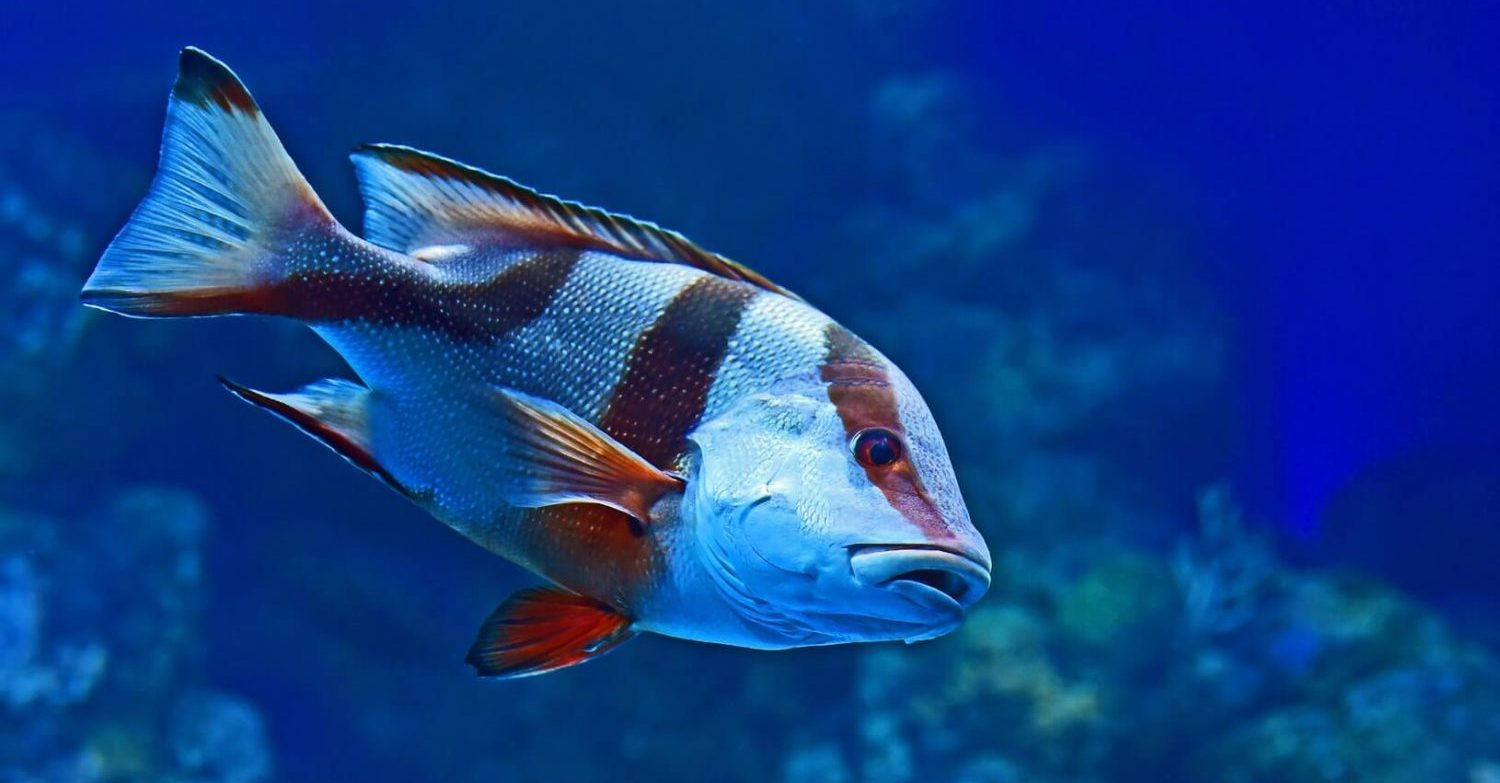What Fish Only Swims At Night
Have you ever wondered what fish only swims at night? It may seem like a trivial question, but the answer is actually quite fascinating. In this article, we will explore the world of nocturnal fish and dive into what makes them so unique.
The Pain Points of Nocturnal Fish
For many people, fish are a mystery. Despite the vast number of species that exist, most of us are only familiar with a handful of common fish like salmon, tuna, and cod. Understanding the behavior and habitats of fish species can be difficult and confusing for anyone who is not an expert in marine biology. This is especially true for nocturnal fish, which can be even more elusive due to their nocturnal nature.
What Fish Only Swims at Night?
The answer to this question is not as straightforward as you might think. While many fish are active at night, there is not a specific species that only swims at night. Instead, nocturnal fish are those that are most active during the night and less active during the day. These fish have evolved to navigate darkness and use their other senses, such as smell and touch, to find food and avoid predators.
Main Points about Nocturnal Fish
Nocturnal fish have unique adaptations that allow them to thrive in darkness, including specialized eyes that are more sensitive to light and a heightened sense of smell. Some common examples of nocturnal fish include catfish, eels, and certain species of shark. Understanding the behavior and habits of these fish can help us to protect their habitats and ensure their survival for future generations.
The Target of Nocturnal Fish
Nocturnal fish have evolved to thrive in the darkness of the deep ocean, making them fascinating creatures to study. In my personal experience, I have witnessed the wonder of these fish on a deep sea diving trip. As I descended deeper into the ocean, I was amazed by the sheer number of fish that were active during the nighttime. Their glowing eyes and graceful movements created an otherworldly atmosphere that left me in awe.
The Adaptations of Nocturnal Fish
Nocturnal fish have evolved to survive in darkness by developing specialized adaptations. One of the most notable of these is their eyes, which are often much larger than those of diurnal fish and are equipped with more rod cells that are sensitive to low light levels. Nocturnal fish also rely heavily on their sense of smell and use their lateral line system to detect vibrations and movements in the water.
The Importance of Understanding Nocturnal Fish
Understanding the behavior and habits of nocturnal fish is important for conservation efforts and the long-term survival of these species. Many nocturnal fish are threatened by overfishing, pollution, and other human activities. By learning more about these fascinating creatures, we can take steps to protect their habitats and ensure their survival for generations to come.
Question and Answer
Q: What is the purpose of a nocturnal fish's lateral line system?
A: The lateral line system helps a nocturnal fish to detect movements and vibrations in the water, which can alert them to the presence of prey or predators.
Q: How do nocturnal fish rely on their sense of smell?
A: Nocturnal fish use their sense of smell to find food and to navigate their environment. This is especially important in dark environments where they cannot rely on sight.
Q: What is bioluminescence and how does it benefit nocturnal fish?
A: Bioluminescence is the ability of certain animals, including some species of fish, to produce light. Nocturnal fish use bioluminescence to attract prey and to communicate with each other in the darkness.
Q: What can be done to protect nocturnal fish populations?
A: Conservation efforts, such as reducing overfishing, regulating pollution, and protecting critical habitats, can help to protect nocturnal fish populations and ensure their long-term survival.
Conclusion
Nocturnal fish are unique and fascinating creatures that have adapted to thrive in the darkness of the deep ocean. Their specialized adaptations and behaviors make them a valuable subject of study for marine biologists and conservationists. By understanding what fish only swims at night and related keywords, we can better appreciate the beauty and complexity of the underwater world and take steps to protect it for generations to come.
Gallery
Which Fish Only Swims At Night? Answer: A Starfish! Follow Me On

Photo Credit by: bing.com /
Night Fish By VideoMagus | VideoHive

Photo Credit by: bing.com / night fish videohive preview
What Fish Only Swims At Night? A Starfish! - Bad Joke Eel - Quickmeme
Photo Credit by: bing.com / quickmeme swims starfish fish night only caption own add
Fish At Night: Announcing A Symposium Focused On Nocturnal Fish
Photo Credit by: bing.com / fish night announcing focused nocturnal symposium science
9 Things You Didn't Know About Fish But Wish You Did

Photo Credit by: bing.com / livekindly